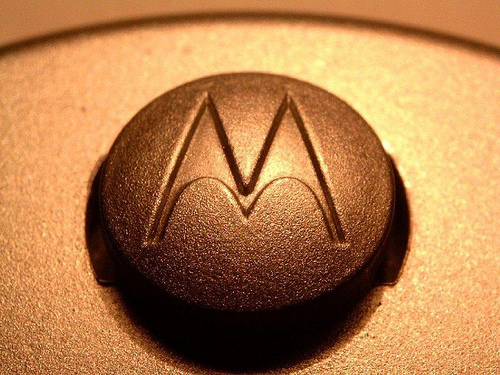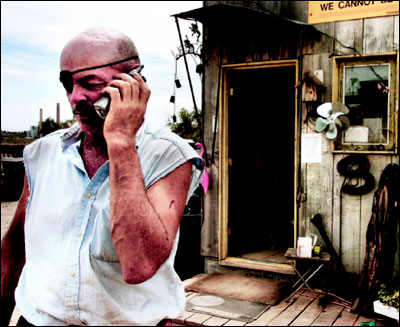 I’ve written a number of articles regarding the complexities of “conflict minerals” and the trade in the Democratic Republic of Congo (DRC) (you can find a few here and here). And campaigns undertaken by a number of advocacy groups have really put the issue on the map. So much so that a controversial rider was added to the Dodd/Frank bill in 2010, instructing companies to disclose where the minerals in their products were sourced. I believe the term “easier said than done” was established for this exact case. I’m not going to get into the specifics of the conflict, but I would like to highlight an initiative recently kicked off by Motorola that could be an interesting case study (for lack of a better term).
I’ve written a number of articles regarding the complexities of “conflict minerals” and the trade in the Democratic Republic of Congo (DRC) (you can find a few here and here). And campaigns undertaken by a number of advocacy groups have really put the issue on the map. So much so that a controversial rider was added to the Dodd/Frank bill in 2010, instructing companies to disclose where the minerals in their products were sourced. I believe the term “easier said than done” was established for this exact case. I’m not going to get into the specifics of the conflict, but I would like to highlight an initiative recently kicked off by Motorola that could be an interesting case study (for lack of a better term).
On July 7th, Motorola Solutions announced they would be rolling out a project called Solutions for Hope. This project is, “a pilot initiative to source conflict-free tantalum from the Democratic Republic of Congo (DRC) to be used in Motorola Solutions products.” Tantalum is a key mineral used in a variety of tech products, mainly computers and cell phones. Interestingly the DRC only accounted for about 13% of the world’s supply in 2009 (although up from 8% in 2008), however some of the money from some of the tantalum has ended up in the hands of a variety of military factions and that has clearly gotten the world’s attention.
Interestingly, part of what makes the rider in the Dodd/Frank bill so tricky is that it is very difficult to determine where the raw materials that become a component in a computer or cell phone originated. I’m not trying to make excuses for MNC’s – I believe they should be doing everything they can to understand and address this issue – but it’s clearly not as easy as it seems. And, companies have surely been okay with using this excuse. Apparently, Motorola has other ideas. In their press release they state a few key facts that many people have had trouble grasping. One is that there has been a de facto ban on minerals from this region due to outside pressures like advocacy groups and the Dodd/Frank bill (easy to understand), however, “tens of thousands of people in the DRC depend on artisanal mining, many operating in regions where conflict is not present. Their livelihoods and the economic stability of the region have been threatened by the de facto ban”, has often been less a part of the story. It’s not only groups perpetuating conflict in the region that are making money off of the minerals; regular citizens rely on the income as well. This is why it is key that Motorola and hopefully other companies will make this effort to establish and document their own supply chains from mine to finished product in order to make sure revenue flows to those outside of conflict, who rely on the income for their livelihoods.
This is an enormous project both in complexity and potential impact and I commend Motorola for taking necessary steps that much of the industry is not willing to take. It will be interesting to follow the outcomes. The realization that banning tantalum from the DRC outright is probably the worst possible outcome for the region is a big step for an MNC and Western consumers. Sadly, as conflicts throughout the world have shown, money is just the conduit and will be found elsewhere should the ideology remain strong enough.
Image Credit by Adam from another planet via Flickr under a CC license



